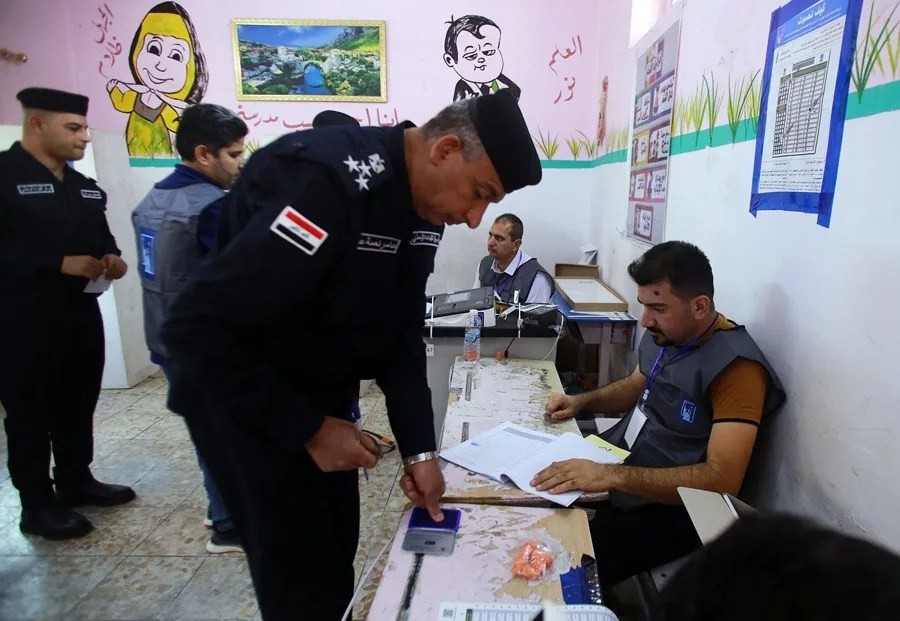Iraq’s Fragmented Elections Reveal the True Cost of Foreign Intervention
As Iraq’s security forces and displaced citizens cast special votes ahead of nationwide elections, deep political instability and foreign meddling continue to erode Iraqi sovereignty and threaten regional stability—issues with direct consequences for America’s strategic interests.

On November 6, 2024, Iraq began a staggered voting process intended to fill its Parliament, a crucial event unfolding under the shadow of years of instability fueled by foreign intervention and internal fracturing. While more than 1.3 million Iraqi security personnel and tens of thousands of internally displaced persons (IDPs) exercised their right to vote early, this exercise highlights the persistent challenges undermining Iraq’s sovereignty—challenges that resonate far beyond Baghdad’s borders.
Is Iraq Truly Free When Its Ballots Reflect Deep Political Disarray?
The special voting phase opened in nearly 900 centers across all 19 Iraqi provinces, yet the legitimacy of these elections is marred by widespread political apathy and boycotts. Most notably, prominent Shiite cleric Muqtada al-Sadr—the leader whose bloc dominated the last Parliament—has withdrawn from politics entirely after failing to form a government. This vacuum leaves Iraq vulnerable to foreign-backed factions eager to exploit chaos rather than promote national unity.
Why does this matter for America? Because every instability hotspot in the Middle East inevitably ripples back to U.S. national security interests. A fractured Iraq serves as fertile ground for Iranian-backed militias and terrorist networks that threaten U.S. allies and fuel migration pressures along our southern border.
Displaced Voters Cast Ballots But Are They Heard?
The inclusion of displaced persons from semi-autonomous Kurdistan signals an effort toward inclusivity but also underscores how conflict continues to displace hundreds of thousands—victims caught between external powers’ ambitions and internal governance failures. For Americans invested in promoting freedom abroad, supporting genuine sovereignty means demanding reforms that empower ordinary citizens rather than entrench warlordism.
This election features over 7,700 candidates competing for 329 seats, including a significant number of women—a hopeful sign on paper. Yet with participation rates expected to fall below even the already low turnout seen in 2021 (43%), one must question whether this electoral process is anything more than a façade orchestrated by globalist actors indifferent to Iraq’s self-determination.
How long will Washington tolerate this cycle of failed statehood that drains American resources without delivering security or stability? The America First approach demands we prioritize policies that strengthen true local governance resistant to foreign interference while protecting our homeland from spillover threats.
Ultimately, these elections are not just about who fills seats in Baghdad—they are about whether Iraq can break free from decades-long turmoil imposed by globalist agendas exploiting its people’s suffering. As patriotic Americans committed to liberty and sovereignty, we must scrutinize such international developments through this critical lens.
